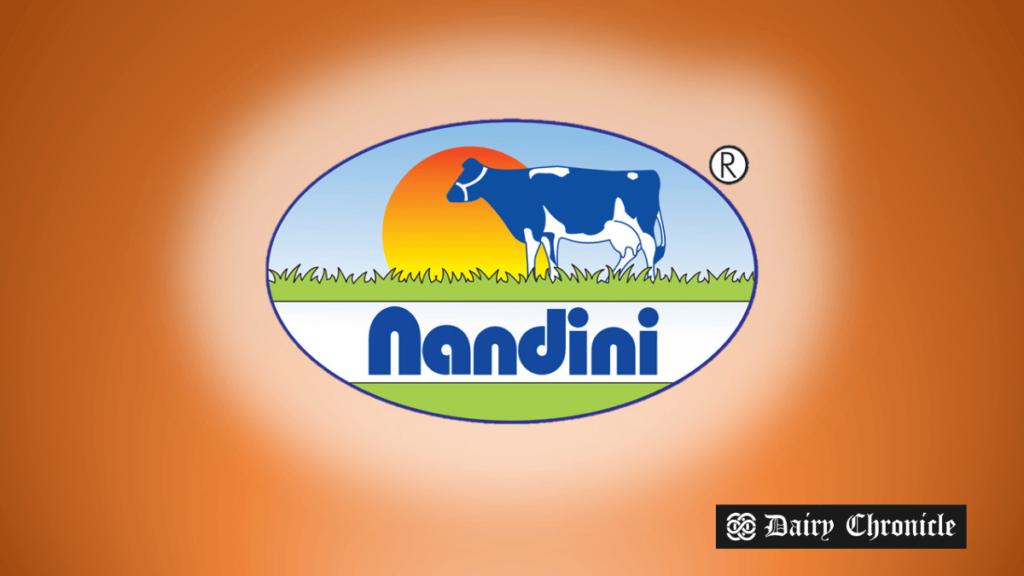The Karnataka Milk Federation (KMF) is grappling with a financial crisis due to unsold milk powder and butter, estimated losses of ₹80 crores. Dairy farmers, particularly in Kolar, face economic hardship, with unpaid incentive payments, urging for government intervention to stabilize the market.
The Karnataka Milk Federation (KMF), one of India’s largest dairy cooperatives, is facing a significant financial crisis, driven by a staggering unsold inventory and reduced demand for dairy products. With 2,100 tons of milk powder and 800 tons of butter left unsold, KMF is facing potential losses amounting to ₹80 crores. The federation’s current predicament is a reflection of broader structural issues within India’s dairy sector, such as fluctuating demand and policy constraints that continue to challenge cooperatives and farmers alike.
KMF, which plays a key role in the dairy sector of Karnataka, is responsible for processing and distributing milk products across the state. The cooperative has been struggling to manage inventory due to reduced demand for dairy products, impacting the livelihoods of farmers and the stability of the organization.
Kolar’s Dairy Farmers Bear the Brunt
The financial challenges are most keenly felt in Kolar, Karnataka’s second-largest milk-producing district. Dairy farmers in this region are grappling with the consequences of the surplus milk redirected into powder production. The Kolar-Chikkaballapur Milk Cooperative, which includes 1,200 self-help groups producing around 600,000 liters of milk daily, has been significantly affected by the weak demand for milk. Consequently, the cooperative has been forced to sell milk powder—produced at a cost of ₹240 per kilogram—below cost, further exacerbating KMF’s financial troubles.
Moreover, ₹44 crores in incentive payments owed to Kolar’s dairy farmers have remained unpaid for over five months. This delayed payment has deepened the economic hardships of local farmers, who are increasingly calling for immediate government intervention.
Policy Intervention and Market Stabilization Needed
KMF’s financial strain highlights the vulnerability of India’s dairy cooperatives, which rely heavily on government incentives and price controls. The sector is particularly susceptible to disruptions in supply chains and market imbalances. In response, KMF has urged the Karnataka state government to introduce relief measures, including subsidies for the surplus milk powder and direct financial support for struggling farmers.
With India’s dairy sector providing critical livelihood to rural communities, policymakers are under growing pressure to stabilize prices and ensure the sector’s long-term sustainability. The fate of Karnataka’s dairy industry now hinges on whether the state government will intervene to rescue KMF and mitigate the ongoing financial crisis.
